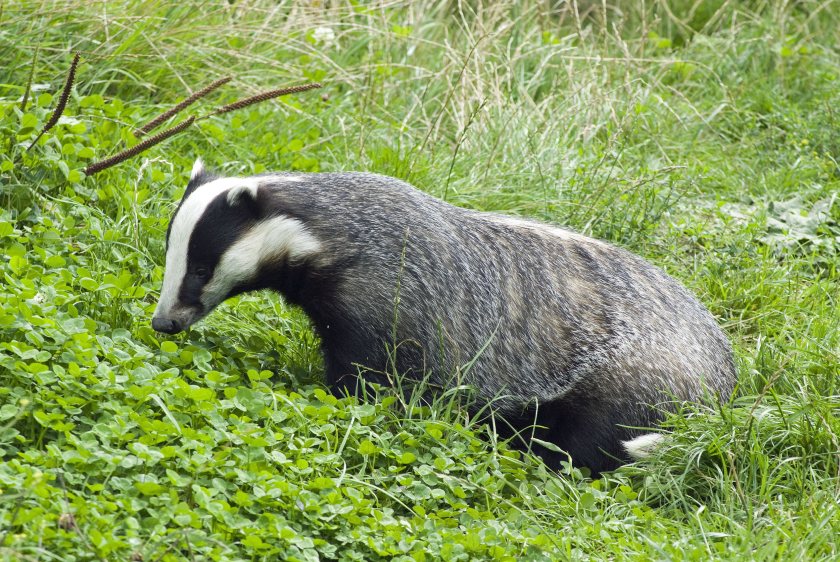
A new farmer-led project in Cornwall is aiming to find out if vaccinating badgers could play a bigger role in the fight against bovine TB, as wildlife control licences begin to wind down.
Over the next three years, the project will explore how effective, practical and scalable badger vaccination could be as part of a long-term strategy to eradicate the disease.
The initiative, backed by £1.4 million in funding from Defra, will be delivered by the NFU and the Zoological Society of London (ZSL).
The study builds on previous research, which saw the percentage of vaccinated badgers testing positive for TB exposure fall from 16% to 0% over four years.
The idea for the project came from farmers in Cornwall who want to better understand the role vaccination could play in preventing the disease in badgers – and crucially, stopping its spread to cattle.
With TB rates in England on a downward trend and culling measures being phased out, the farming industry is looking for other viable methods to keep progress on track.
Livestock farmer Martin Howlett, who is involved in the project and is a member of the NFU, said: “It’s vital we look at other tools to ensure we can continue to reduce cases.”
He added: “My farm was repeatedly hit by TB over a 15-year period. Losing cattle, even if it’s only a few each time, takes a massive toll on the family and the business.
"Wildlife control played a key part in helping us eradicate TB, and we’ve been TB-free for five years. But we know that measure won’t be available forever.”
The project will pilot three delivery models to identify the most cost-effective, large-scale solution: Standard – annual vaccination over four years; Intermittent – vaccination in year one and three only; and Targeted – reactive vaccination in response to local TB outbreaks.
Researchers will use blood testing and camera monitoring to assess vaccination coverage, badger population density, and success rates in post-cull zones.
ZSL’s Professor Rosie Woodroffe said: “Ultimately, we all want the same thing – to see TB eliminated so that farmers, their livestock, and wildlife can all thrive.”
“By working together to compare different approaches, we can develop a shared understanding of the evidence as it emerges.”
ZSL will also train farmers and landowners to carry out vaccinations themselves, helping to build long-term capacity and improve access to vaccination programmes.
The government recently confirmed that badger culling will end, as part of a revised approach to TB eradication. While supportive of research, the NFU maintains that vaccination should not yet be seen as a direct replacement for culling.
It says more robust evidence is still needed to prove the method can deliver meaningful disease reduction in cattle at scale and at an acceptable cost.
